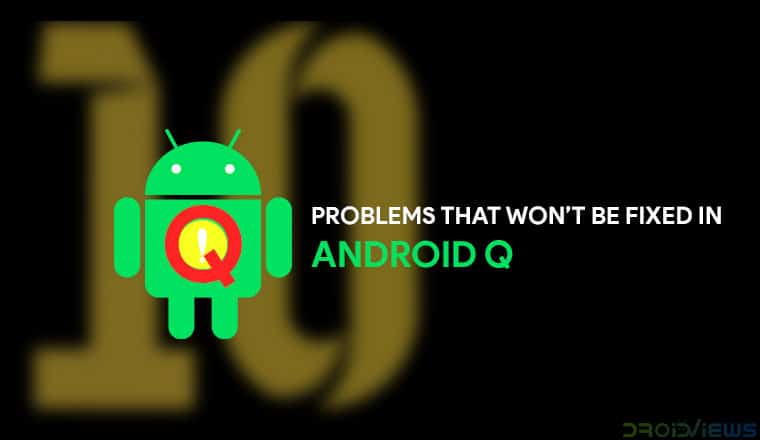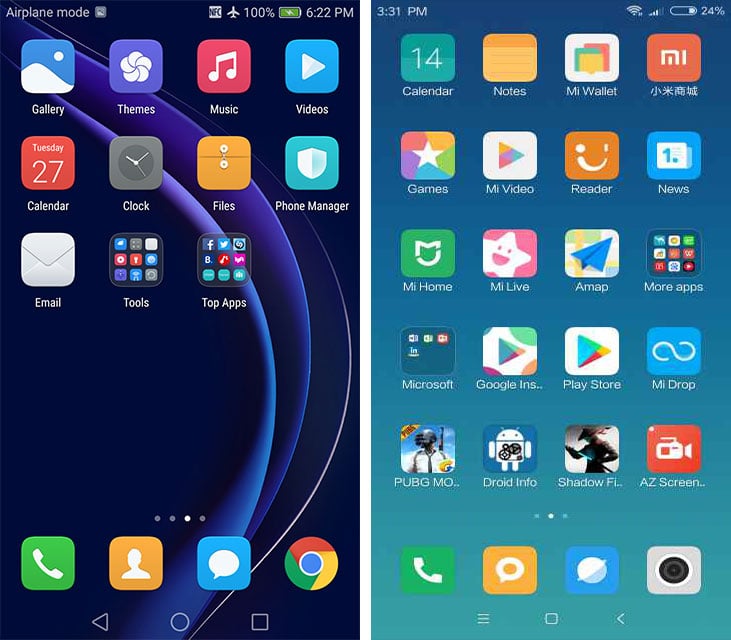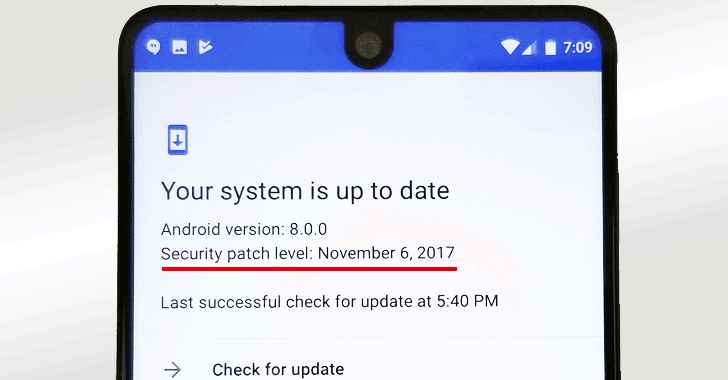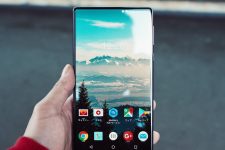
Android has come a long, long, very long way since its inception as the trash can alternative to iOS. And I say trash can as a huge Android fan. The very first builds of the OS released to the public gave Android an image that still sticks with it more or less. That image is obviously false because Android today is not only as good as iOS but much better. This year, Android will have completed 10 years in the public space as Android Q is released. But there are some Android problems that probably won’t be fixed.
Yes, it’s a superior OS compared to iOS and I know a statement such as this can offend people. But iOS is an OS which doesn’t even have a proper file system. It works for some people because they just want to use Instagram on their phones sure. But whether it works for you or not is subjective.
Feature by feature, iOS is way behind and is, in fact, the sole reason why iPads can’t be laptop replacements despite the hardware they pack. But, there are a few things Android could really learn from iOS. Of course, Android is far from perfect and it is because of these three problems mentioned below.
These Android problems have been around for ages and Google has been unable to fix them. In fact, Google itself is actually one of the problems.
Privacy
Privacy is one of the biggest concerns Android these days and not only on Android. However, your Android device is basically a window into your life for Google. How often you use your phone, where you go, how often you go, where you are looking forward to going, your family, your friends, Google knows so much. Google has penetrated our lives beyond our smartphones but it is at least easier to keep the company off your life if you’re using another platform.

You could choose to not use Chrome on Windows, or iOS, you could choose to not use Google search, etc. On Android, you cannot choose to not share location data with Google, especially if you want to use Maps. Even if you do use another Map service, you still need location turned on in Android settings and then Google knows your location. It not only tracks it using Google Maps but all those other apps such as the Google search app, YouTube, Chrome, etc. It is almost impossible to evade it unless you turn off location entirely. At that point, you lose an essential feature of your smartphone. Android Q probably won’t help in that regard.
… and dependence on Google
This actually leads to another problem that is new to Android. It is the dependence on Google services. Over the years, in order to take more control of the operating system and have the power to dictate terms of use to other OEMs, Google has made Android more and more of a Google product. At this point, if they rebrand it as Google OS it would make more sense.
Without Google services, Android is crippled. Even push notifications don’t work without Google services. Similarly, instead of improving Android apps such as the Dialer, Camera, etc. Google has now started shipping its own apps on its Pixel phones.
This means stock Android apps are as good as dead which forces OEMs and custom ROM developers to either build their own apps or use Google’s. And once again, Google then knows who you call, text, etc. Not that it doesn’t already, especially if you use cloud backup. With Android Q, Google seems to be taking measures to give users more control over their privacy from third-party apps. But it is Google that users really need better privacy controls for. For example, a single toggle in the Google section of the Settings page that turns off location for all of Google’s apps and services. That’s obviously not happening anytime soon, not in Android Q at least.
Bloatware
Bloatware has been a problem ever since the inception of Android. Because Android is open-sourced, Google does not have much control over the end user experience, which is why it has been trying to reclaim Android through its services. But bloatware is a problem not quite related to its open source nature. We see this even on Windows PCs where OEMs will pre-install some extra tools to “help” a user or differentiate their devices from the rest. Bloatware has never made the experience better then and it doesn’t do so on Android.

Although some OEMs have really tried to reduce bloatware on their devices, others have risen that have only added more bloat than ever. Manufacturers like Xiaomi, Huawei, etc. not only build a heavy skin on top of Android but also provide crappy apps. For example, Huawei has a Mirror app installed that just opens the front camera, something they could have totally avoided by placing an app shortcut to the front camera instead. Xiaomi’s MIUI is similarly full of things that aren’t needed.
Read our detailed tutorial on uninstalling bloatware or system apps on Android without root privilege.
While the likes of Samsung and LG have improved a lot, they too still dump quite some bloatware onto their phones. The problem gets worse if you buy career locked phones like in the USA. This is another problem that’s unlikely to go away with Android Q.
Software Updates

You had to see it coming. Every year it is the same story with Android. Google does something that is supposed to make it easier for OEMs to provide Android updates faster with a new version of Android. A year later, the situation remains the same and then Google does something again. The same thing happened with Project Treble last year. While it does make Android updates easier, many big names like Samsung, Huawei, etc. are still not quite able to deliver, let alone the names we haven’t heard of.
OEMs like Essential and OnePlus have done a good job but for most other Android devices, the story remains the same. For budget smartphones, the story ceases to exist just a year later as they never even get one Android update. We don’t expect the situation to improve greatly with Android Q either.
We may be talking about Android Q but the bigger question for many of you might be as to when your device will get the Android Pie. If that’s the case, do not forget to check out our timeline for a list of devices eligible for getting the Pie update.



Join The Discussion: